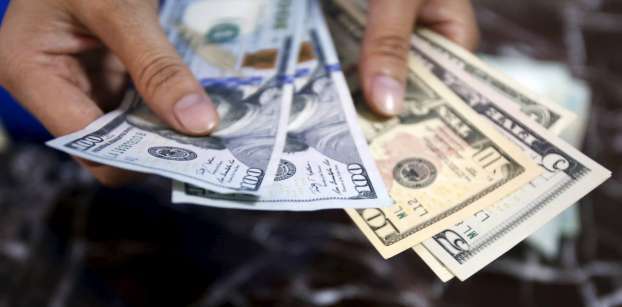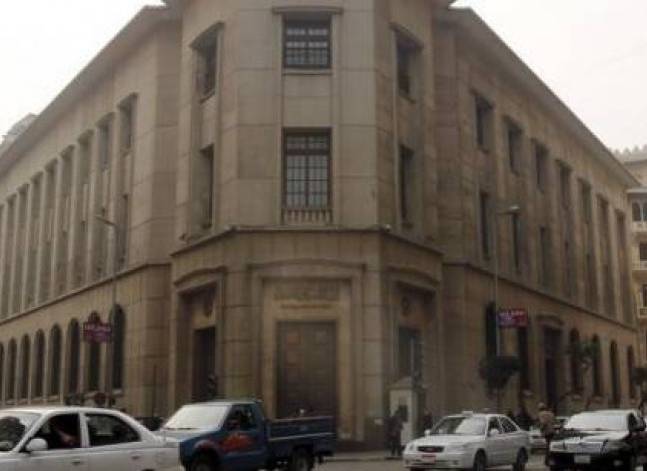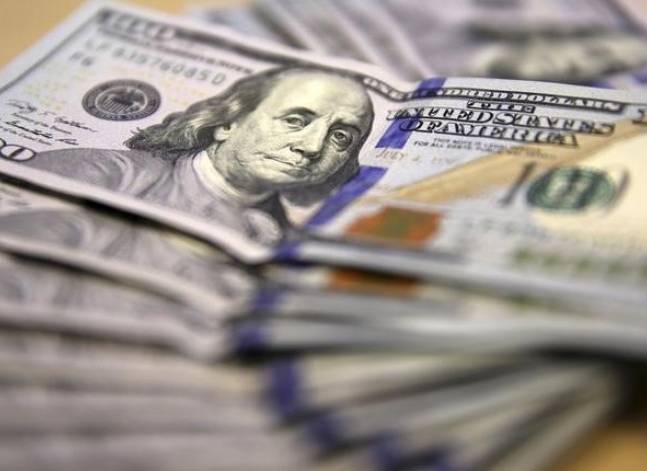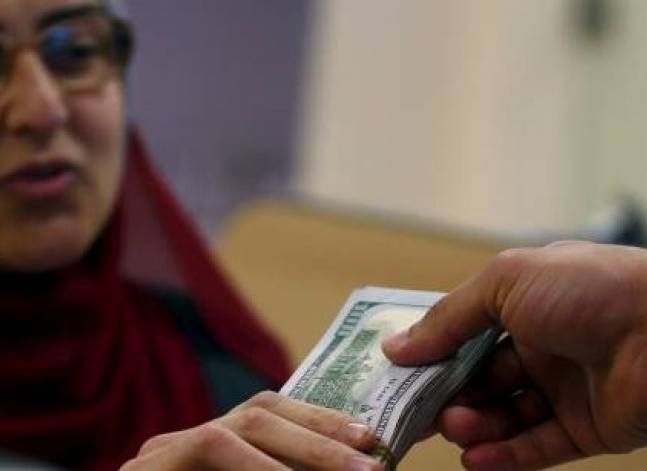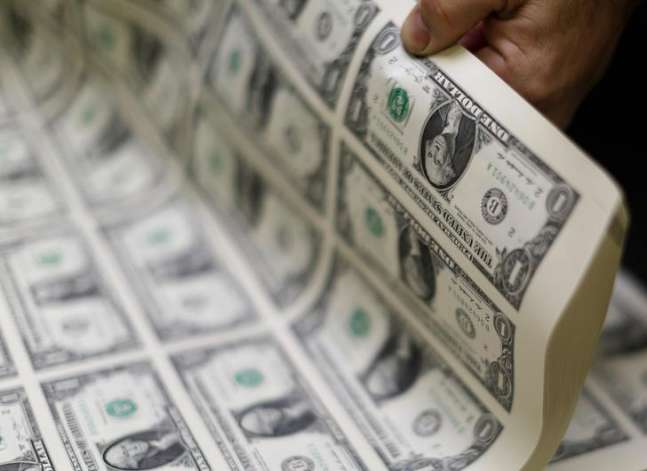Latest NEWS
- Aswat Masriya, the last word
- Roundup of Egypt's press headlines on March 15, 2017
- Roundup of Egypt's press headlines on March 14, 2017
- Former Egyptian President Hosni Mubarak to be released: lawyer
- Roundup of Egypt's press headlines on March 13, 2017
- Egypt's capital set to grow by half a million in 2017
- Egypt's wheat reserves to double with start of harvest -supply min
- Roundup of Egypt's press headlines on March 12, 2017
Egypt to introduce prison terms for forex black market traders
CAIRO (Reuters) - Egypt's government approved on Wednesday prison sentences for traders selling foreign currency outside the official exchange rate, marking an escalation in the central bank's crackdown on a black market it says destabilises the country's currency.
The cabinet said in a statement that it had passed draft amendments to a law regulating the foreign exchange market.
The central bank has been cracking down on exchange bureaux trading dollars at a rate far outside its set range but the gap between official and black market rates continues to widen and a March devaluation failed to ease an acute dollar shortage.
The bank kept the pound steady at 8.78 pounds against the dollar at its official foreign currency auction on Tuesday, and the currency was stronger on the black market at 10.9 pounds per dollar, stronger than last week's 11 pound rate.
Egypt has struggled to restore growth since the 2011 uprising that toppled President Hosni Mubarak scared away tourists and foreign investors - vital sources of the foreign currency it needs to import everything from fuel to food.
Eradicating the black market is essential to restoring investors' confidence, easing the risk that the pound's volatility will erase their profits.
The amendments introduce prison sentences for individuals breaking the foreign exchange law, with jail terms ranging from six months to three years and fines ranging between 1 million to 5 million Egyptian pounds. ($115,000-565,000)
They also grant the central bank governor the power to suspend any exchange bureau's license for a year in case of any infraction and to impose a similar fine. Repeat offenders can have their licenses permanently revoked.
The cabinet also introduced a three to 10-year prison term for anyone caught trading foreign currency outside the banking system or approved institutions.
The amendments still have to be debated and passed by parliament and signed into law by President Abdel Fattah al-Sisi before they take effect.
The central bank, which hoped the 13 percent devaluation in March would relieve downward pressure on the Egyptian pound, has already resorted to legal force. In February, it revoked the licences of four exchange companies with 27 offices.
Traders say the crackdown has only exacerbated the crisis. People with dollars are shunning the official financial system, starving it of foreign currency. This is putting more pressure on the pound, with potentially dire consequences for inflation, confidence and economic growth.
Foreign investors are struggling to repatriate earnings because foreign reserves have more than halved since 2011 to about $17.52 billion in May.
This has made it hard for them to convert pound earnings into foreign currency through the banking system.
($1 = 8.8799 Egyptian pounds)
(Reporting by Ahmed Aboulenein; Editing by Toby Chopra)

